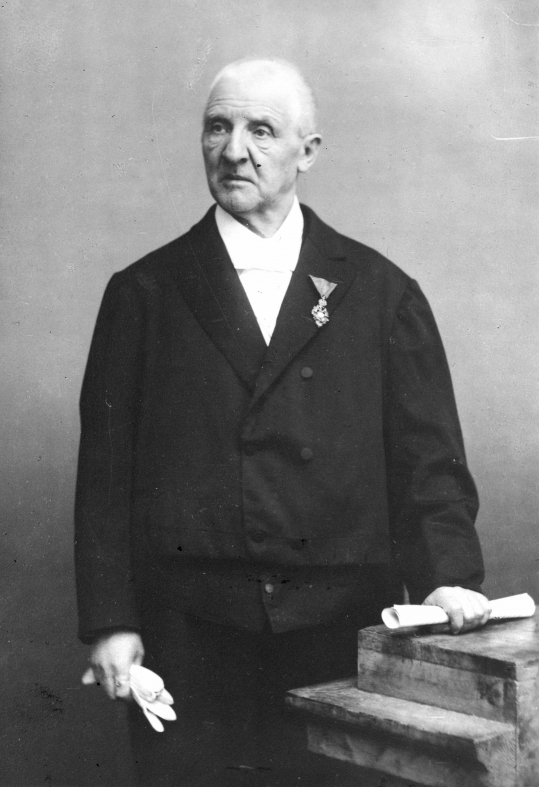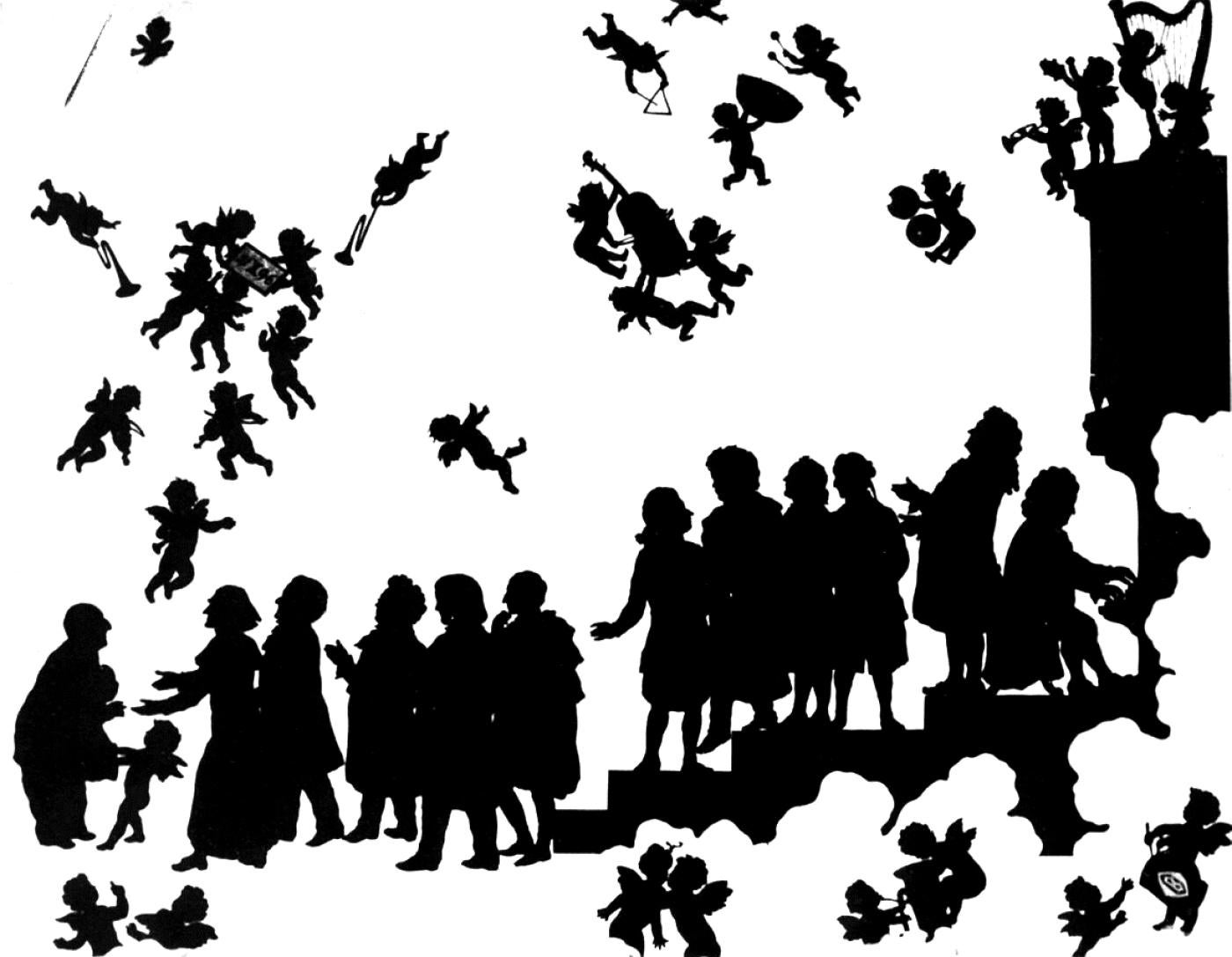September 2024 marks the 200th anniversary of the birth of Anton Bruckner, one of Austria’s most revered composers. He was born September 4, 1824 in a little village outside of Linz, and his humble circumstances would always mark him as a hopeless provincial in the culturally-sophisticated capital of Vienna where he spent his most productive years. Bruckner was also an unprepossessing figure; short in stature, dressed in rumpled clothing, socially awkward, and with a perpetual air of distraction. And yet this ordinary man would go on to create a series of symphonies so grand and glorious that they continue to both entrance and challenge us to this day.
Bruckner was also a very devout and pious soul, and wrote a number of sacred works encompassing seven masses, several psalms, and over 40 motets. It’s this sacred canon that will be the focus of our Bruckner 200 celebration on WETA Classical’s Choral Showcase this month, pairing some of these works with those of others, and exploring some lesser-known gems as well.
Bruckner’s symphonies have been described as “great cathedrals of sound,” and his choral works occupy that same rarified air. Three of his longest masses are constructed much like the symphonies, but the Mass No. 2 in e minor is the most austere and perhaps the most approachable. With its scoring for 8-part chorus and winds, Bruckner leans heavily into the music of the Renaissance, even borrowing a theme from Palestrina’s Missa brevis, so we’ll take in both of these works on September 1.
Bruckner was a late bloomer – the bulk of his symphonies didn’t come until he was in his 40s, but he was composing long before that. His early years as a musician were spent playing the organ in the Basilica of St. Florian in Linz, something of a training ground for him as a composer. Just 25 years old, he wrote his first major composition, a Requiem in d minor for soloists, choir and orchestra. We’ll hear it on September 8 along with the Requiem of Gabriel Fauré, another composer who spent a great deal of time in an organ loft.
A few years after completing the Requiem, Bruckner wrote a Missa Solemnis for the installation of a new abbot at St. Florian’s monastery. This would be his last composition for a while. He began a correspondence course on counterpoint with a Viennese professor named Simon Sechter, whose one condition was that his pupils could not compose their own music while studying with him. Bruckner’s studies went on for the next 6 years, and upon Sechter’s death, Bruckner succeeded him as professor at the Vienna Conservatory, thereby beginning the next phase of his career. This rarely-heard Missa Solemnis will be presented along with Mozart’s Missa Solemnis, the great “Coronation Mass” in C Major, on September 15.
I’ve always thought that one of the best ways into Bruckner’s sound world for newcomers might be the motets. These are wondrous, multifaceted jewels for choir (and occasionally, organ) that run anywhere from two to five minutes in length, and for me they represent the very essence of Bruckner’s musical spirit. And what better companion to the Bruckner motets than the ones by Bach? We’ll hear a few from each on September 22.
Perhaps Bruckner’s greatest choral work – and, in his own lifetime at least, his greatest success – is the Te Deum. He once wrote:
“When God calls me to him and asks, what have you done with the talent I’ve given you, I will hand him the manuscript of my Te Deum, and I know He will be a compassionate judge.”
We’ll also take in a Te Deum from his favorite musical period, the Renaissance, by Franco-Flemish composer Johannes Lupi. Franz Joseph Haydn’s relatively brief setting quotes from Gregorian chant in the middle movement, something I think Bruckner, a fellow Catholic, might have appreciated, so we’ll hear that, too. And we’ll conclude this September 29 program, and our month-long celebration of Brucker’s bicentennial, with Antonín Dvořák’s own luminous Te Deum.
PBS PASSPORT
Stream tens of thousands of hours of your PBS and local favorites with WETA+ and PBS Passport whenever and wherever you want. Catch up on a single episode or binge-watch full seasons before they air on TV.

